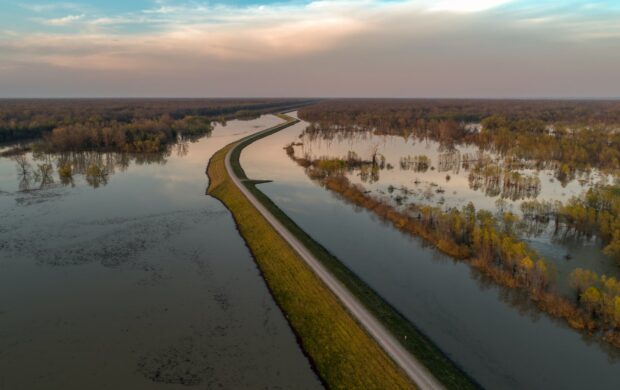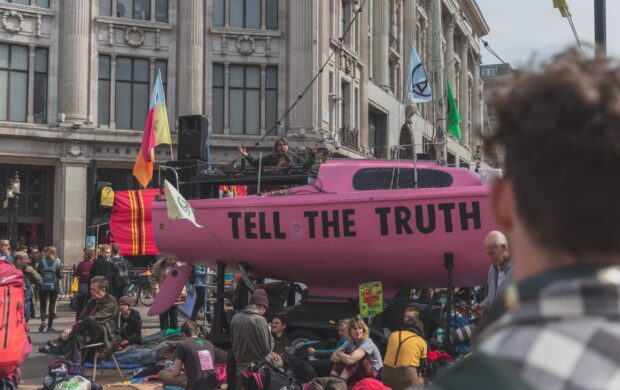The article What Does It Mean to Decolonize the Future? was co-authored by alisha bhagat, Aarathi Krishnan, Tulsi Parida, Mansi Parikh, Nour Batyne, Wayne Pan and the Diaspora Futures Collective and was originally published on Medium on 12 March 2021.

Everyone is talking about decolonizing these days and we have been wrestling with this topic too. While we don’t have a definite answer, we are sharing our working notes in the hopes that it contributes to other ongoing inquiries around power dynamics with regards to the way we think about and shape the future.
Furthermore, while decolonizing is currently the word du jour, in many places the word does not capture the nuances or intersectionality of the power dynamics at play. We recognize that in the US this might manifest as anti-racism work that challenges white supremacy. In India, we have to examine the role of caste and islamophobia along with decolonizing our thinking.
Decolonizing the Future is NOT:
- Centering ourselves and our thinking around colonists or the colonial period — we existed before, during, and after
- Romanticizing the past — pre-colonialist societies were in no way perfect
- Synonymous with diversity and inclusion efforts
- Merely about PoC representation in white spaces
Decolonizing the Future IS:
- Questioning the futures methods that we use — many were created to serve the interests of the military and corporations
- Amplifying and bringing in the lived experience of those that practice/study futures futurists — we are all individuals and can draw on our unique experiences
- Challenging cultural definitions of time and “the future” — linear time is not a universal concept
- Challenging our mental models and unlearning cultural norms that benefit a hierarchical worldview
- Accepting that we don’t have all of the answers
- Redefining who is an expert and defining expertise in a more inclusive way
- Creating spaces for marginalized and underrepresented people and voices
- Questioning the role of extraction and exploitation in material culture
- Considering the impacts of settler colonialism on indigeneity, our own mental models, and on ensuring that we don’t replicate or reinforce this in out efforts
- Considering issues of reparations, and of ‘giving back’ what was not ours in the first place, as well as including considerations of epistemic and structural injustices and dispossession
- Embracing a plurality of decolonial knowledge, experiences and truth sources
- That this is an ongoing journey that requires both learning and unlearning, as well as acknowledging the roles we play and privilege we bring in our exploration of futures
As a collective we continue to try to challenge our understandings of how power, privilege and colonial legacies influence our own thinking. We hope to continue to share our process so that we can learn and grow together.
Read next:
Why futures, why now? by Joy Green
Now that we know more, can we do better? by Aarathi Krishnan
As the BLM wave of change continues, what are the signs and signals of systemic change? by Joy Green








Join discussion